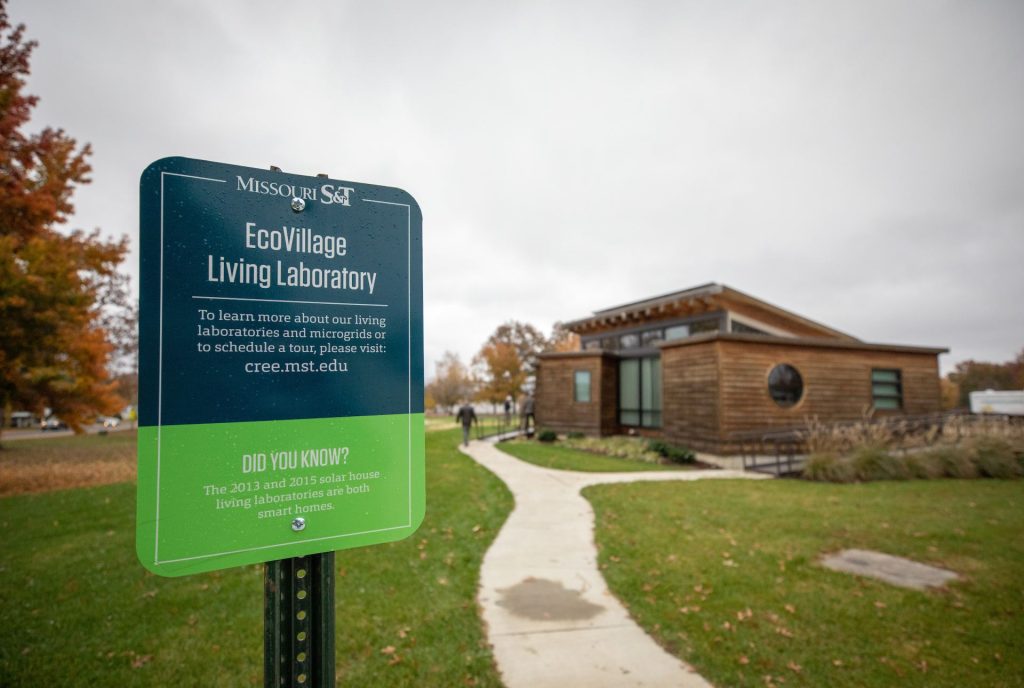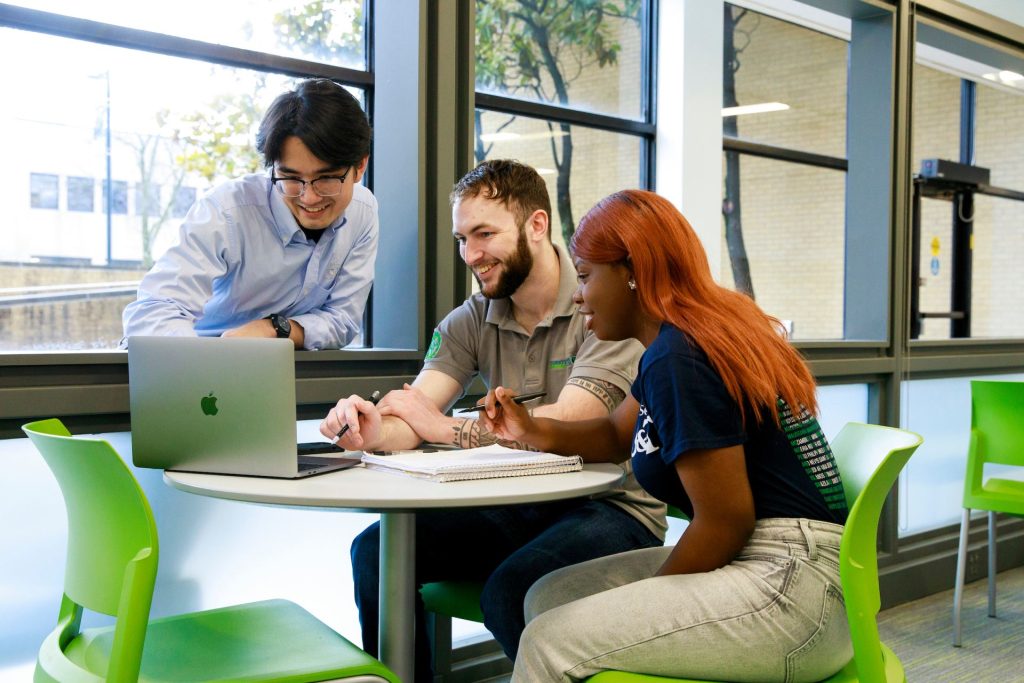
Collaborations and Research
Below are just a few of the S&T faculty engaged in PIT-related research and collaborations with other PIT-UN members. The PIT-UN network will be an invaluable way for improving the relevance and overall impact of their work; the network will also provide a means through which S&T faculty can contribute to research at other member institutions.
- Dr. Casey Canfield, assistant professor, engineering management and systems engineering (EMSE), has collaborated with faculty at Worcester Polytechnic Institute to address challenges associated with using wireless networks to expand rural broadband access.
- Active research on trust in human-AI teams is being conducted by Dr. Daniel B. Shank, associate professor, psychological science, and Dr. Donald C. Wunsch II, director of the Kummer Center for Artificial Intelligence and Autonomous Systems and the Mary K. Finley Missouri Distinguished Professor of Electrical and Computer Engineering.
- Dr. Shane Epting, assistant professor of philosophy, researches transportation, infrastructure and urban futures. He is the author of The Morality of Urban Mobility: Technology and Philosophy of the City.
- Dr. Fateme Rezaei, Doshi associate professor of chemical and biochemical engineering, is developing carbon capture technology to decarbonize the cement industry.

Experiential Learning
S&T has a reputation for experiential learning, which is a graduation requirement. We have developed two new undergraduate certificates, Technology, Philosophy, and Ethical Futures and Science, Technology, and Society as well as an undergraduate minor and certificate in sustainability. There is also a minor in Latin American studies for technical applications, to support Engineers Without Borders.

Smart Living
At Missouri S&T, one of the signature research areas has been Smart Living. Smart Living increases our understanding of how people and technology interact by combining sensing with physical action, social behavior analysis, data analytics, engineering, technology, communication and decision-making into a single, integrated concept. For example, this includes research on how human bias (e.g., bias against people with accents) influences interactions with smart home technology which includes Dr. Daniel Shank and Dr. Jessica Cundiff (Psychological Science) as well as Dr. Sarah Hercula and Dr. David Wright (English and Technical Communication). Dr. Islam El-adaway (Civil Engineering) is also leading efforts to introduce the circular economy to construction via design for disassembly and reuse.

The Kummer College
S&T’s membership in the Public Interest Technology University Network (PIT-UN) complements the school’s Kummer College of Innovation, Entrepreneurship, and Economic Impact, which was launched in 2022. The college approaches the development and understanding of technology as one societal influencer among many. One of the goals of the Kummer College is to establish S&T as a leader in integrating technological solutions into educational and social research efforts. For example, 400-500 Kummer Vanguard Scholars participated in discussions on social responsibility, such as the ethical considerations of genome editing (led by Dr. David Westenberg in Biological Science).

PIT-UN Network Challenge
In Fall 2023, S&T was awarded a PIT-UN Network Challenge Grant to develop and host a Rural Infrastructure Challenge Summit. The first event in March 2024 piloted design exercises to support problem identification. Learn more in the Summary Report.
S&T is also part of the Midwest Regional Hub for PIT-UN.